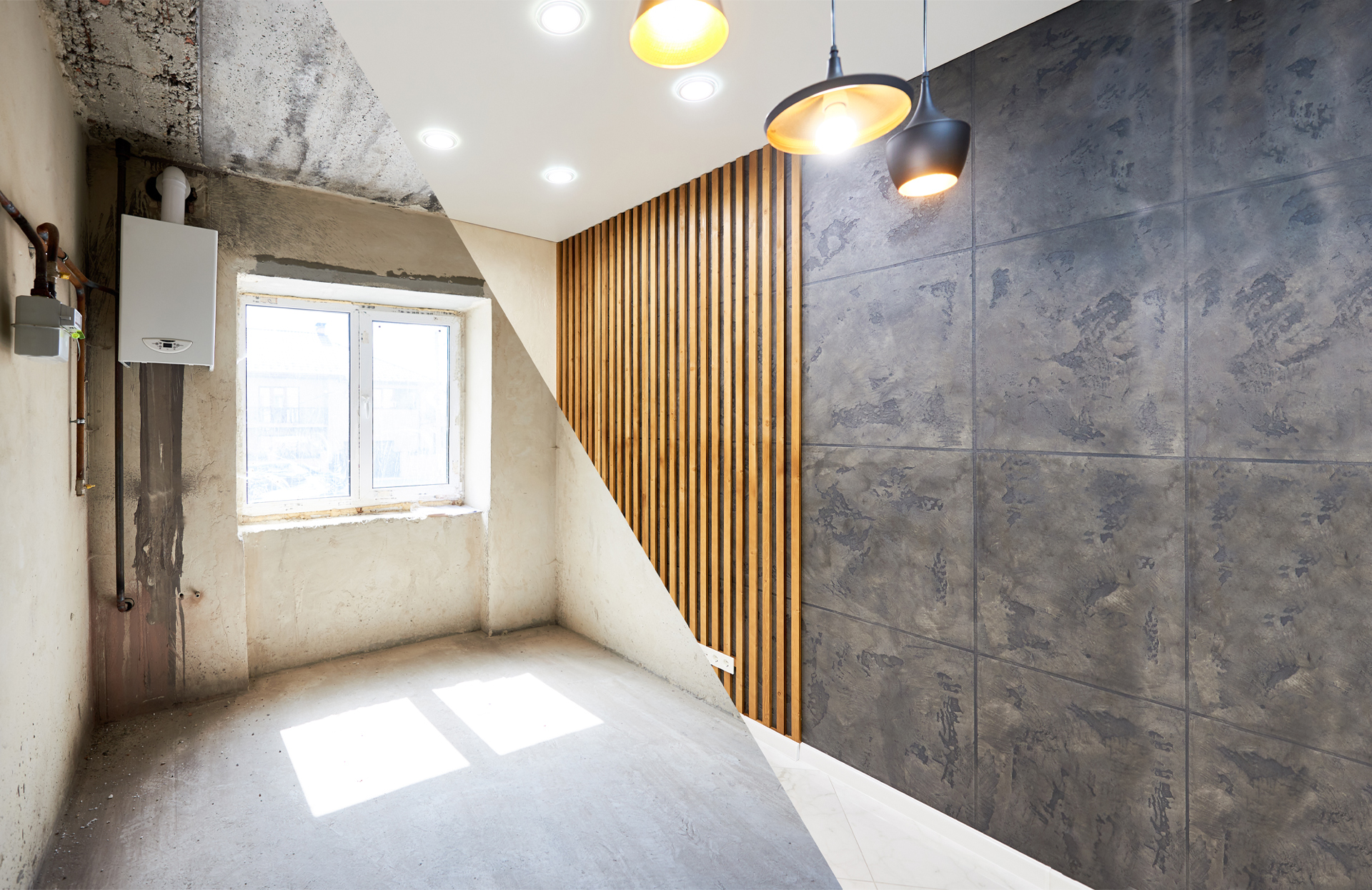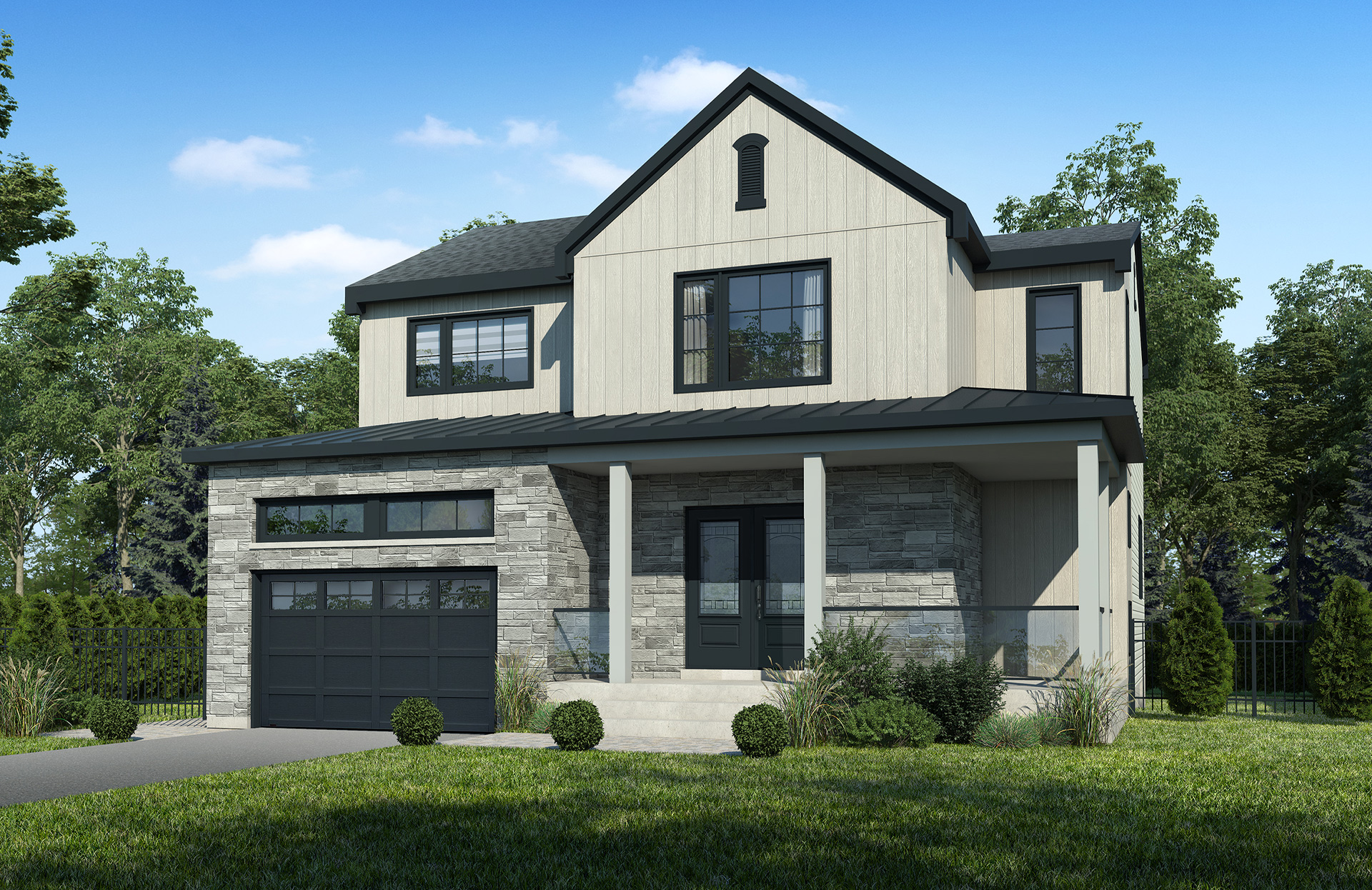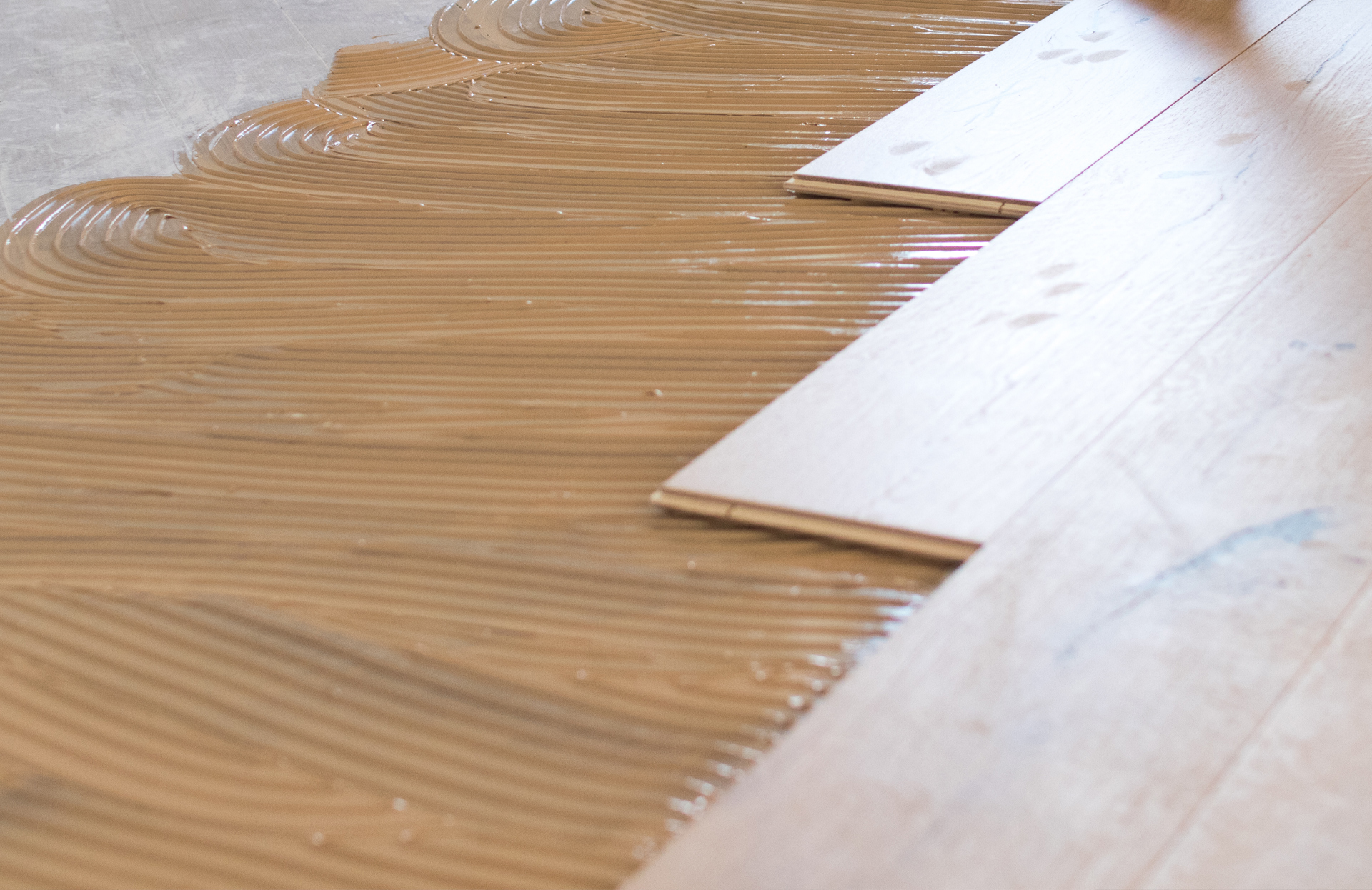
Choosing between building a new house or renovating an existing property is a significant decision for individuals considering acquiring a new home. This complex dilemma involves many factors, such as your quality of life, finances, and the environment! Each option has its advantages and disadvantages.
Why build instead of renovate?
Table of Contents
In this article, we will delve into the options of building from scratch or renovating an existing property, highlighting the advantages and disadvantages of each approach. We aim to provide you with the necessary information to enable you to make an informed decision.
The advantages and disadvantages of building a new house
Focus on the advantages of building a new house
When deciding between building a new house and renovating an existing property, the advantages of new construction are numerous and compelling. Here are some of the reasons why building a new house can be a desirable option :
- One of the most appealing advantages of new construction is the ability to create a fully customized home. You have complete control over the design and features of your future home. This means you can tailor the space to your needs and preferences, creating an environment that suits you perfectly. With new construction, you can choose high-quality building materials, finishes and amenities that align with your tastes. You can also design the interior layout to maximize the efficiency and functionality of your living space. It’s a rare opportunity to fully express your style and preferences in the design of your home.
- New constructions are typically designed to meet current energy standards, meaning they are more energy-efficient. Double-glazed windows, superior insulation and advanced heating and cooling systems help reduce energy consumption and, consequently, your energy costs. You are investing in long-term efficiency by building a new home under current standards. Maintenance costs are generally lower because everything is new and under warranty. Moreover, weather resistance and improved insulation extend your home’s lifespan, thereby reducing long-term replacement and repair costs.
The disadvantages of building a new house
While building a new house comes with numerous advantages, it’s essential to consider the drawbacks of this process. Here are some of the main disadvantages of new construction :
- One of the significant drawbacks of building a new house lies in the associated initial costs. The initial financial investment can be substantial, from architectural design to construction costs, permits, and other administrative fees. This financial burden can be a hurdle for many individuals. Dealing with a reputable contractor can make all the difference.
- Building a new house is a time-consuming process. Planning, designing, obtaining permits, actual construction, and finishing can take several months, depending on the size and complexity of the project. This means you must exercise patience and foresight, which can be frustrating for those who want to move in quickly. However, a reliable construction contractor can guide you effectively through this process.
- Additionally, despite careful planning, unforeseen risks can arise during construction. Unexpected structural issues, delays due to weather or labor issues can compromise the project if the contractor is not a skilled orchestrator.
The construction of a new house provides an opportunity to create a living space that perfectly suits your needs and lifestyle. The resulting benefits, such as long-term savings and the satisfaction of owning a home that reflects your personality, are undeniable. However, it is also crucial to consider certain drawbacks, such as high initial costs, extended construction timelines and unforeseen risks if a qualified and experienced construction contractor needs to oversee the construction.
The decision to embark on the construction of a new house must be thoughtful. You should carefully weigh the advantages against the disadvantages based on your needs and financial situation. Building anew can be an exceptional option, but it requires meticulous planning and a thorough understanding of its implications to ensure a positive experience.
Renovation of an existing house: advantages and disadvantages
All the advantages of renovating an existing house
Renovating also offers significant benefits for homeowners seeking an improved living space. Here are some of the advantages of renovation to consider :
- One of the most apparent advantages of renovation lies in the potential for significant savings compared to purchasing a new property. By choosing renovation, you can retain the current location of your house, thereby eliminating costs associated with buying new land, notary fees and taxes related to acquiring a new property. Renovation also allows you to manage your expenses in a more staggered manner. You can plan and carry out renovations in stages based on your budget and priorities. This financial flexibility can appeal to homeowners looking to enhance their living space gradually.
- Renovating also provides the opportunity to preserve and enhance the historic character of a property. By restoring and remodeling, you can retain your house’s history and increase its value in the real estate market.
- Additionally, renovation is typically quicker to implement than building a new house. The existing structure saves time on the initial design and construction phase. Therefore, you can enjoy your space more quickly, which is particularly advantageous if you have urgent housing needs.
A closer look at the drawbacks of renovating an existing house
While renovation may have numerous advantages, it is crucial to consider the drawbacks of this process. Here are some of the main disadvantages of renovation:
- One of the main drawbacks of renovation lies in the constraints imposed by the house’s existing structure. You will have to work with what you have, which can limit significant structural changes. Load-bearing walls, plumbing, electricity and other existing elements may restrict your ability to redesign the space according to your preferences. Additionally, renovations can uncover hidden issues such as wood rot, mold, or pre-existing construction defects. These unforeseen costs can quickly escalate the renovation budget, making the project more expensive than anticipated.
- Renovating involves working with the house’s existing structure, which can limit customization options. You may be required to retain certain architectural elements or adhere to pre-existing layouts, restricting your design freedom.
- It is important to note that building and safety regulations evolve. When renovating an old house, you may be required to make costly updates to bring it in line with current standards. This can include electrical upgrades, insulation improvements, security systems and other expensive renovations to meet current regulations.
- Renovating a property is a complex decision that involves carefully assessing the pros and cons. While renovation comes with certain drawbacks, such as structural limitations, potential hidden costs, customization restrictions due to the existing structure, and update requirements to comply with current standards, it is also essential to consider its advantages. Renovation potentially reduces costs than new construction and enables a phased investment. It also allows for the preservation of the historical character of a property.
However, the decision to renovate should not be taken lightly. It is crucial to carefully assess your financial situation, specific needs, and preferences. Renovation can be an appealing option to create a living space that suits you, but it is essential to weigh all aspects to make an informed decision and ensure the success of such a project.
Is it better to build or renovate a house?
In conclusion, the choice between building a new property and renovating an existing one is a decision that deserves careful consideration. Each option comes with its own set of advantages and disadvantages. While renovation offers substantial benefits, it has its challenges. It is imperative to carefully assess these drawbacks compared to the advantages, based on your needs and financial situation, before deciding. On the other hand, new construction provides complete customization, compliance with current standards and long-term benefits. The final choice depends on individual needs, budgetary constraints, and specific circumstances.
Whichever you choose, we strongly encourage you to consult with a general construction contractor. The expertise of L’Équipe Allard can help you evaluate costs, timelines and technical aspects of your project, guiding you toward an informed decision.


